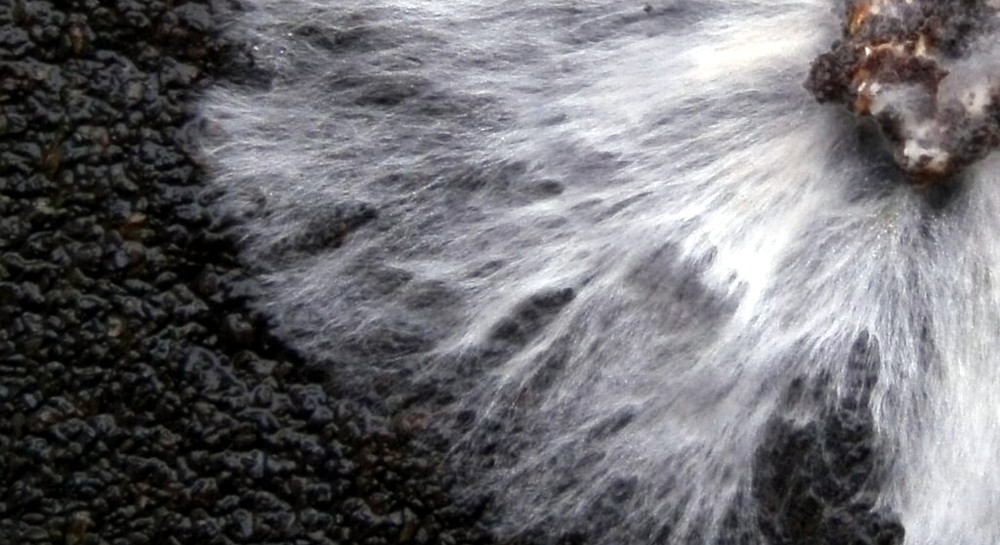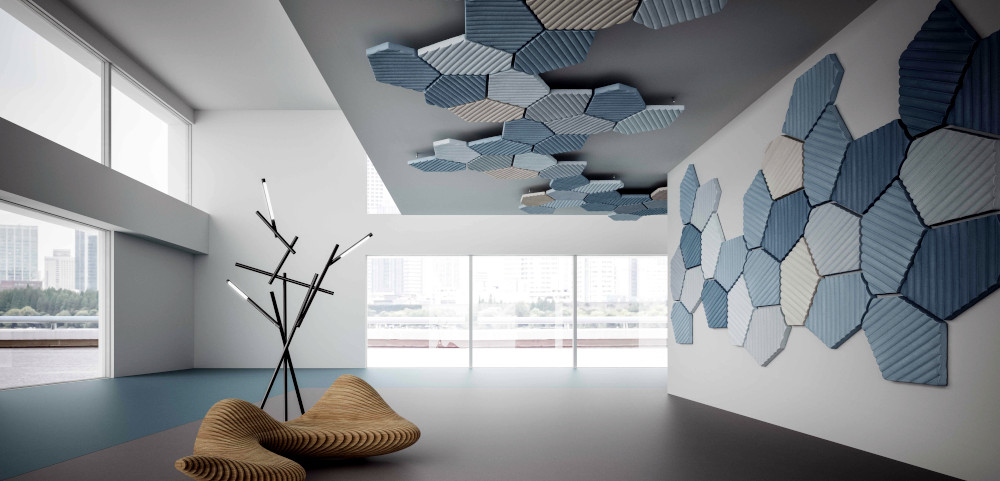The construction industry produces about one-third of the world’s
waste
and 40 percent of global carbon emissions. Concrete and cement alone
account
for about eight percent of global greenhouse gas emissions (GHGs); yet the
demand for the material has tripled over the past 20 years. And it’s not just
weighing on natural environments: It turns out several coastal cities are
sinking,
thanks to the weight of their built landscape.
With an ever-growing population increasing demand for private and public
buildings, how do we make our concrete jungles ‘greener’?
McKinsey
estimates
that adopting circular construction and maintenance practices in the built
environment could generate €110 billion in net value for the economy and
decarbonize about 80 percent of all cement and concrete emissions by 2050.
Innovative startups are showing the possibilities are vast — with solutions
ranging from hempcrete
housing
and waste
wood
to cement that captures
CO2, to name a few.
And two biotech startups are developing solutions that suggest a concrete-free
future might be just around the corner — or beneath our feet — by using
mycelium to transform industrial waste into safe and sound materials for the
construction industry.
Mycocycle
 Image credit: Tobi
Kellner
Image credit: Tobi
Kellner
After decades of working as an environmental consultant and a sustainability
leader for a manufacturer of commercial building products,
Mycocyle founder Joanne
Rodriguez was well aware of the
negative impacts of chemicals used and disposed of in construction activities.
Following a course in permaculture design, a lightbulb turned on, Rodriguez told
Sustainable Brands® (SB) — leading her to hire a mycologist to prove
fungi could decompose asphalt materials, through a process known as
mycoremediation.
In 2018, she founded her nature-inspired biotech company in Illinois — and
since then, she has been set on “solving man-made issues one mushroom at a
time.”
“I've always taken inspiration from nature, as a practitioner of
biomimicry and systems
design,” Rodriguez explained. “By optimizing the natural functions of fungi,
Mycocycle is able to transform waste to value while reducing greenhouse gases in
the industrial materials supply chain.”
The brand sources waste including asphalt shingles, textiles and rubber from
building owners and manufacturers, and places these inside the MYCOntainer — a
mobile bioprocessor with a climate-controlled environment — where the mycelium
spreads from a base substrate to the construction waste. After two weeks of
incubation, Mycocycle’s experts are left with a brand-new fire- and
water-resistant material that is also biodegradable. For every ton of waste, the
company estimates it cuts CO2 emission by three metric tons. The company’s line
of patent-pending mycelium-based products — MycoFILL, MycoFIBER and
MyycoFOAM — can be used for everything from flooring, ceilings and concrete
to furniture.
Rodriguez said her greatest challenge, apart from launching a company for the
first time, was finding scientists who truly understood the business aspects of
developing a first-of-a-kind technology. But after several years of rigorous
research, Mycocycle has attracted over $3.7M in seed
funding,
was selected to take part in the Biomimicry Institute’s 2022 Ray of Hope
Accelerator,
and now enjoys over $800K in commercial contracts and anticipates exponential
growth.
This June, the company announced a partnership with flooring giant
Tarkett
“to develop large-scale treatments of commercial flooring waste, as well as
explore product development paths resulting in the reuse of ingredients from
Tarkett’s waste and Mycocycle's process,” Rodriguez said. She added that the
partnership will enable Mycocycle to expand its processing to service materials
across the industry.
Mogu
 Mogu’s Fields acoustic panels | Image credit: ©Mogu srl
Mogu’s Fields acoustic panels | Image credit: ©Mogu srl
Also inspired by mycelium’s power to transform waste into valuable, eco-friendly
materials, Mogu specializes in circular flooring materials
and acoustic and wall panels that are as practical as they are resilient. Its
Foresta acoustic panel
design system won the German Design Award’s Eco Design
category
in 2022.
Founded in 2015 in Italy by Maurizio
Montalti,
co-founder and Chief Mycelium Officer at SQIM — a
leader in mycelium-based materials and Mogu’s holding company — Mogu strives to
deliver products that are safe for people and nature alike.
“All materials undergo rigorous testing for allergenic compounds and volatile
organic compound (VOC) emissions in certified laboratories,” Paola
Dengo, Mogu’s Marketing &
Communication Manager, told SB.
The 100 percent plastic-free, biodegradable materials are forged from leftovers
from the agricultural and food industries — including hemp hurds, cotton, lignin
and oyster shells. “These residues provide an excellent nutrient base for
mycelium growth and are typically abundant and underutilized, making them ideal
for the production of our sustainable materials,” Dengo explained.
She shared that, to meet performance requirements, products such as
FloorFlex incorporate low percentages
of non-biological materials — which do not hinder decomposition but can slow
down the process: “We are actively researching and developing new formulations
to reduce our reliance on non-biological materials without compromising on
quality and performance.”
The company boasts a wealth of partnerships ranging from design studios to
fashion brands and major architectural firms such as
Gensler.
“These collaborations allow us to integrate mycelium-based materials into
diverse applications, demonstrating their versatility and sustainability,” Dengo
said. “Through these partnerships, we aim to promote a broader adoption of
eco-friendly materials across various sectors.”
Get the latest insights, trends, and innovations to help position yourself at the forefront of sustainable business leadership—delivered straight to your inbox.
Nina is a content writer covering the A-Zs of sustainability and innovation.
Published Sep 27, 2024 8am EDT / 5am PDT / 1pm BST / 2pm CEST